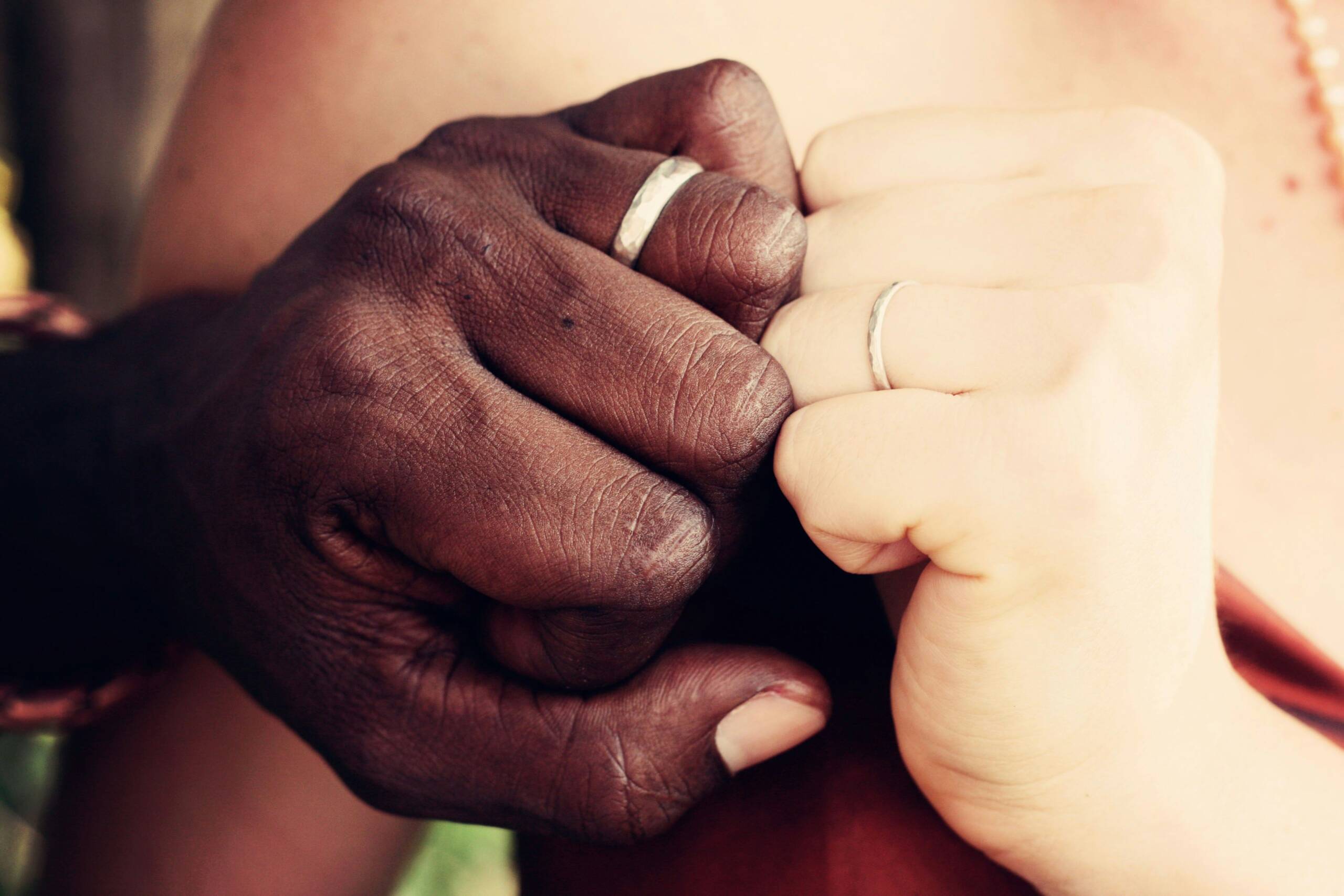In an increasingly globalized world, relationships often span diverse backgrounds, encompassing different cultures, languages, and traditions. Embracing this diversity can lead to richer, more fulfilling connections. Here, we explore strategies to enhance relationships by valuing and understanding our diverse backgrounds.
Embrace Open Communication
Active Listening
Active listening is crucial in any relationship, but it is especially important when navigating cultural differences. Listening attentively to your partner’s experiences and perspectives helps build trust and understanding. It involves not only hearing the words but also interpreting the emotions and intentions behind them.
Expressing Yourself Clearly
Clear communication helps prevent misunderstandings. Be open and honest about your feelings, needs, and expectations. Use language that is respectful and considerate of your partner’s background. Avoid assumptions and ask questions when in doubt.
2. Educate Yourself About Each Other’s Cultures
Learning and Respecting Traditions
Take the time to learn about your partner’s cultural traditions, customs, and values. This shows respect and appreciation for their background. Participate in cultural events and celebrations together, and be open to experiencing new customs.
Understanding Cultural Norms
Cultural norms influence behavior and expectations. Understanding these norms can help you navigate potential conflicts and build a stronger connection. Discuss cultural differences openly and find common ground.
3. Foster Mutual Respect and Empathy
Valuing Each Other’s Perspectives
Mutual respect is the foundation of a healthy relationship. Value and respect each other’s perspectives and experiences. Recognize that your partner’s background shapes their worldview and approach to life.
Practicing Empathy
Empathy involves putting yourself in your partner’s shoes and understanding their feelings and experiences. Practice empathy by acknowledging your partner’s challenges and supporting them through difficult times. This builds emotional intimacy and trust.
4. Celebrate Differences and Commonalities
Finding Common Interests
While it’s important to celebrate differences, finding common interests can strengthen your bond. Engage in activities you both enjoy and explore new hobbies together. Shared experiences create lasting memories and deepen your connection.
Appreciating Unique Qualities
Appreciate and celebrate the unique qualities each of you brings to the relationship. Diverse backgrounds can enrich your lives in unexpected ways. Embrace the opportunity to learn and grow from each other.
5. Address and Overcome Challenges Together
Facing Prejudices and Stereotypes
Prejudices and stereotypes can strain relationships. Address these issues openly and work together to overcome them. Challenge assumptions and educate each other about the realities of your backgrounds.
Building Resilience
Building resilience involves facing challenges head-on and supporting each other through difficult times. Work as a team to navigate cultural differences and external pressures. This strengthens your relationship and builds a strong foundation for the future.
6. Seek Support and Guidance
Counseling and Mediation
If cultural differences create significant challenges, consider seeking professional support. Counseling and mediation can provide tools and strategies to navigate cultural conflicts. A neutral third party can offer valuable insights and help you find common ground.
Connecting with Supportive Communities
Connecting with communities that share similar experiences can provide support and understanding. Join cultural or intercultural groups, both online and in-person, to build a network of friends who can offer advice and solidarity.
7. Be Patient and Flexible
Allowing Time for Adjustment
Adapting to cultural differences takes time. Be patient with yourself and your partner as you navigate this journey together. Allow time for adjustment and be open to evolving your perspectives and practices.
Practicing Flexibility
Flexibility is key to managing cultural differences. Be willing to compromise and adapt. Understand that not all differences need to be resolved; sometimes, simply respecting and accommodating each other’s practices is enough.
Conclusion: Building a Stronger Relationship Through Diversity
Enhancing a relationship with diverse backgrounds requires effort, understanding, and a commitment to mutual respect. By embracing open communication, educating yourself, fostering empathy, celebrating differences, addressing challenges, seeking support, and practicing patience, you can build a stronger, more resilient relationship. Diversity, when embraced, can be a source of strength and enrichment, leading to a deeper and more fulfilling connection.





